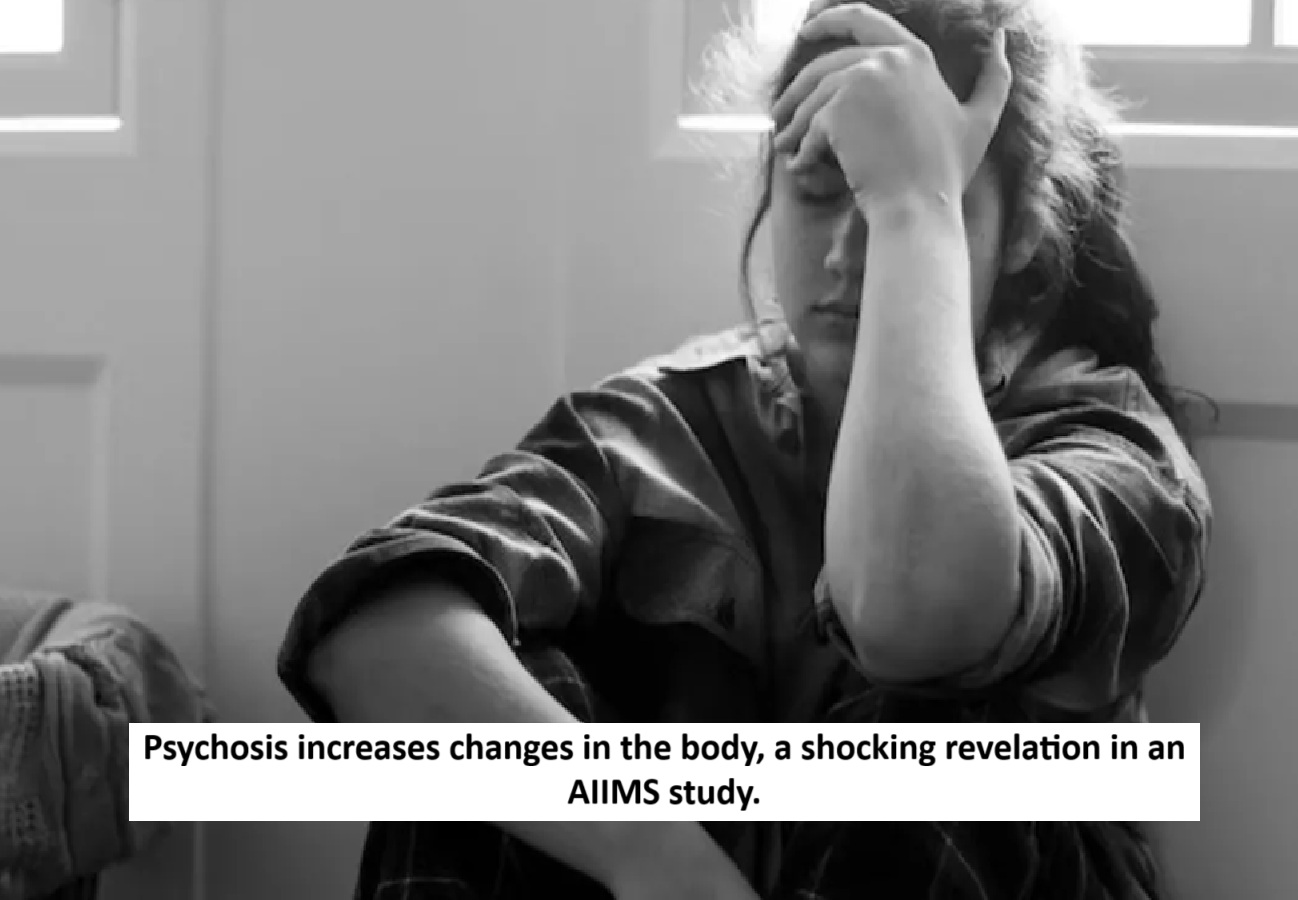
News Topical, Digital Desk : Loneliness, depression, and social isolation are among the many factors that, over time, lead people to suicidal tendencies. Millions of people take such extreme steps every year.
Recent data shows that more than 12 people per 100,000 population are committing suicide, 28 percent of whom are women. Until now, mental stress has been considered the primary cause of suicide, but a study by AIIMS Bhopal is unraveling this suicidal trend by studying the patterns of physical changes in women who have committed suicide.
Biological changes in the body are also responsible
The reasons that lead someone to decide to end their life are still a matter of debate. Medical experts believe that not only mental stress or depression, but also biological changes within the body can compel women to take such extreme steps as suicide. For the first time in the country, the Department of Forensic Medicine at AIIMS Bhopal has initiated a detailed study on this issue.
This research focuses on the bodies of women aged 15 to 45 who died by suicide. Led by Dr. Atul S. Keche, Additional Professor in the Department of Forensic Medicine and Toxicology, Dr. Abarna Shree is now exploring the invisible biological factors that negatively impact women's mental health.
Mental health programs will include
AIIMS Bhopal is planning to use the findings from this research to develop mental health programs, awareness campaigns, and prevention strategies. The findings could serve as a new guide for governments and non-governmental organizations working on suicide prevention and women's health, strengthening women's safety and survival.
Research is based on three major parameters
The aim of this study is to explore the link between the body and the brain that triggers this tendency in a person. The research team is closely examining three key biological factors that directly impact mental state. This includes examining the structure of the reproductive organs. Cells from the uterus and ovaries of deceased women are being microscopically examined.
By examining fat imbalances, efforts are being made to determine changes in lipid (fat) levels in the body and the extent of chronic inflammation within the body. The research team is trying to understand the patterns and whether severe hormonal imbalances and internal inflammation may be contributing to a dangerous cycle of mental health problems, increasing the risk of suicide in women.
A blood test could prevent suicide
We are very excited about the results of this research. If biological changes reveal patterns of suicide risk, it could prevent a person from reaching the point of suicide. A simple blood test could identify women at high risk for suicide. This would allow doctors to include not only mental treatment but also medications and treatments to correct physical imbalances.
'There will be a revolution in the treatment of stress and depression
Suicide is often associated solely with mental illness, but sometimes biological and hormonal changes may also be underlying factors. If this research uncovers these factors, we will be able to understand suicide prevention in a comprehensive and scientific way, rather than limiting it to counseling or medication. This could revolutionize both treatment and prevention.
These measures will avert the danger
- Regular health check-ups – Hormone and lipid levels should be checked from time to time.
- Screening: If depression or sleep problems are seen, one should consult a doctor.
- Balanced diet – Omega-3 fatty acids, green vegetables and fruits are helpful in improving mental health.
- Exercise and Yoga – 30 minutes of physical activity daily reduces stress hormones.
- Good sleep – Adequate and regular sleep of seven to eight hours every day is beneficial for mental health.
- Counseling and Therapy – If needed, seek expert help for psychotherapy or group therapy.
- Support System – Instead of being alone, one should engage in social activities.
- Stress management- Meditation, music or any hobby should be adopted.
- Recognizing danger signs – Frequent talk of suicide, increased sadness or irritability, sudden change in behavior, these are early signs.
- Stay away from addiction – Alcohol and tobacco increase mental imbalance.
- Open communication – Sharing feelings with family and friends is a must.
- Use of helpline: If you have suicidal thoughts, you should immediately contact the helpline numbers available 24 hours a day, seven days a week or the nearest hospital.
--Advertisement--

 Share
Share



